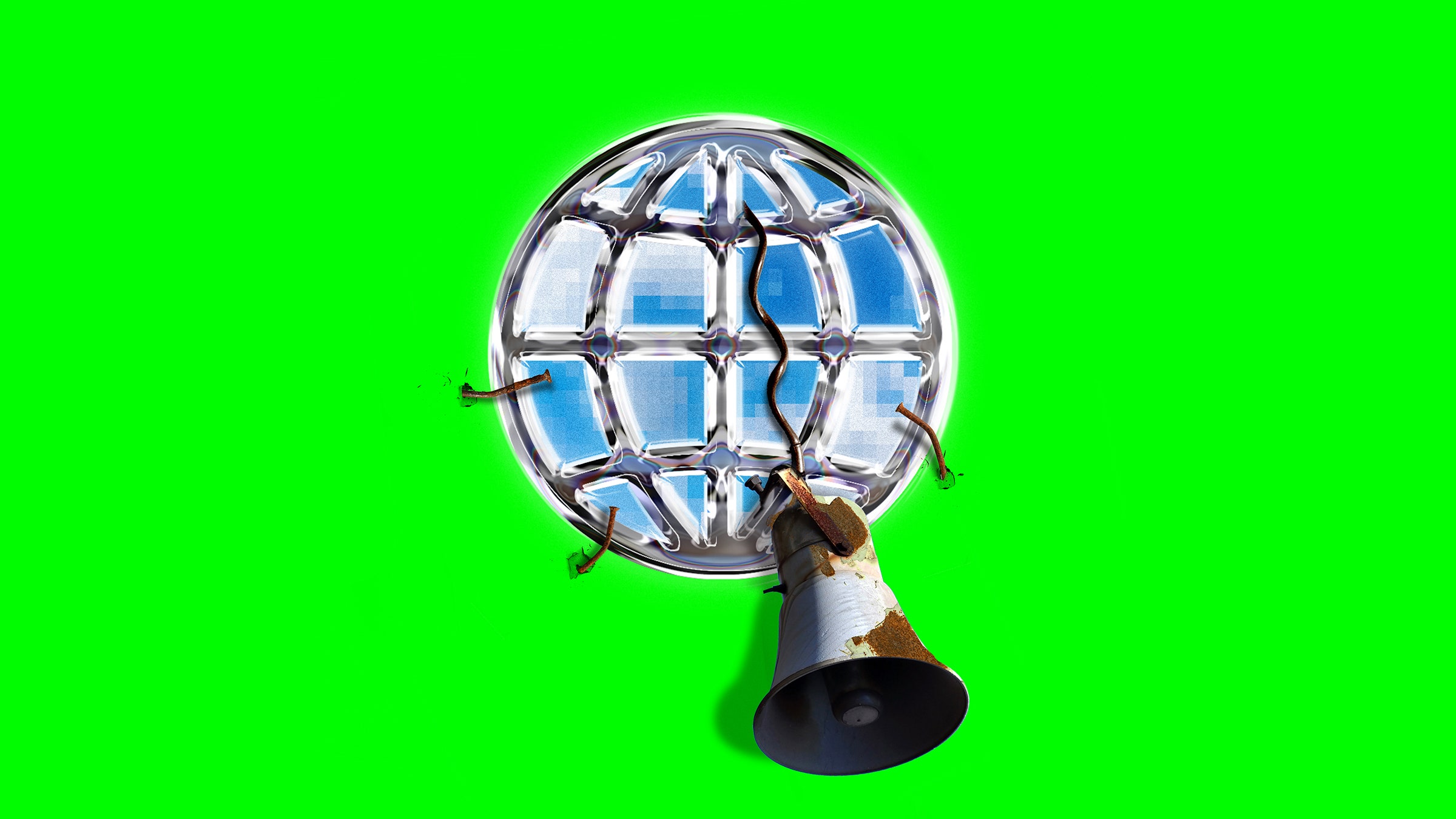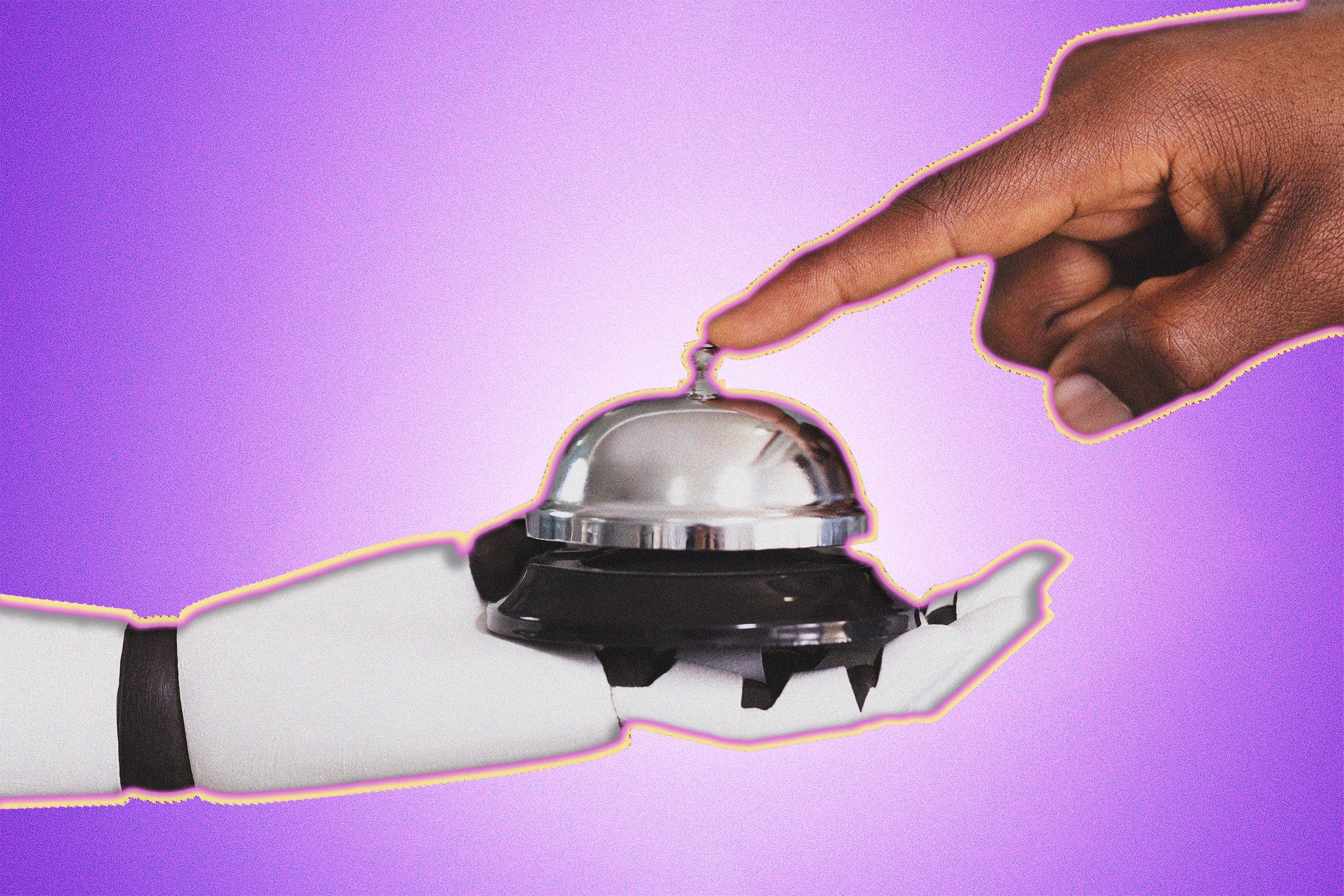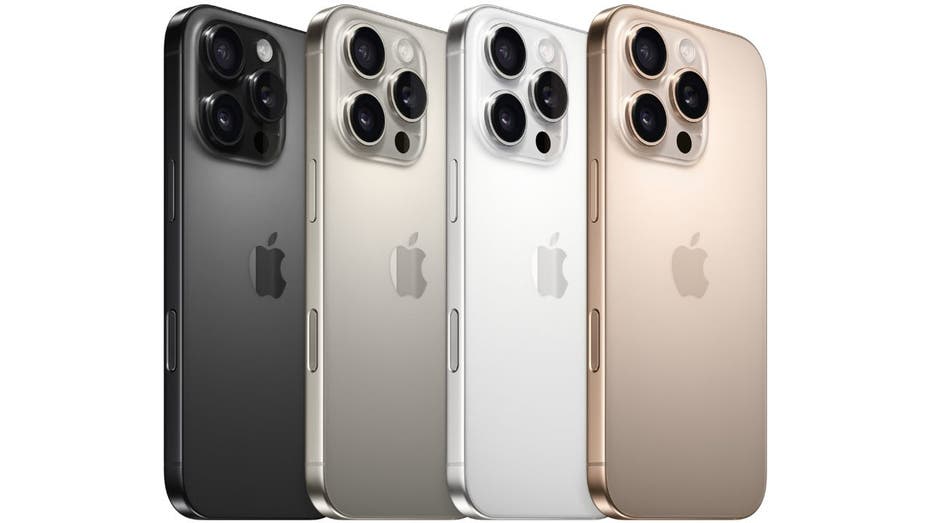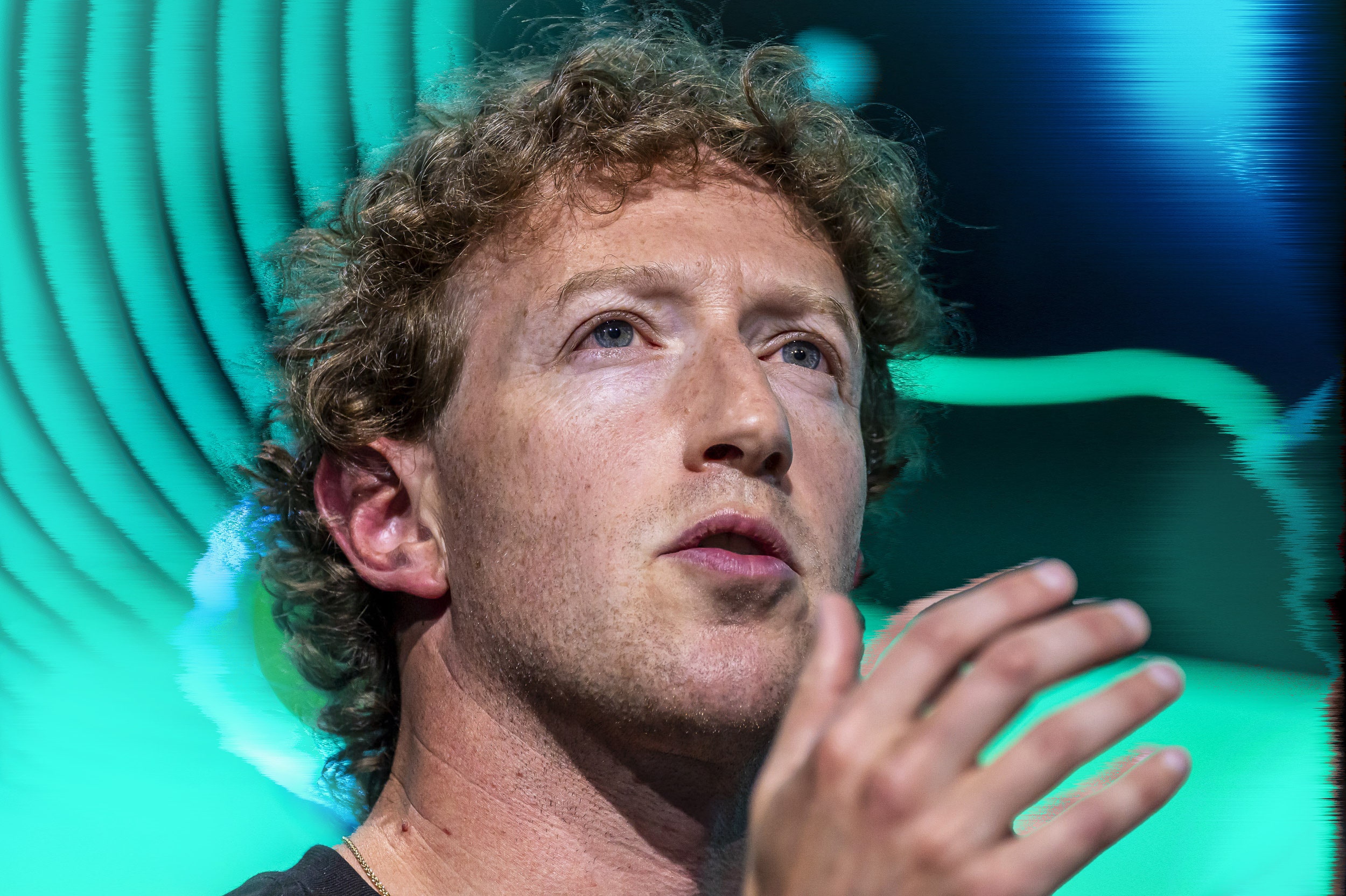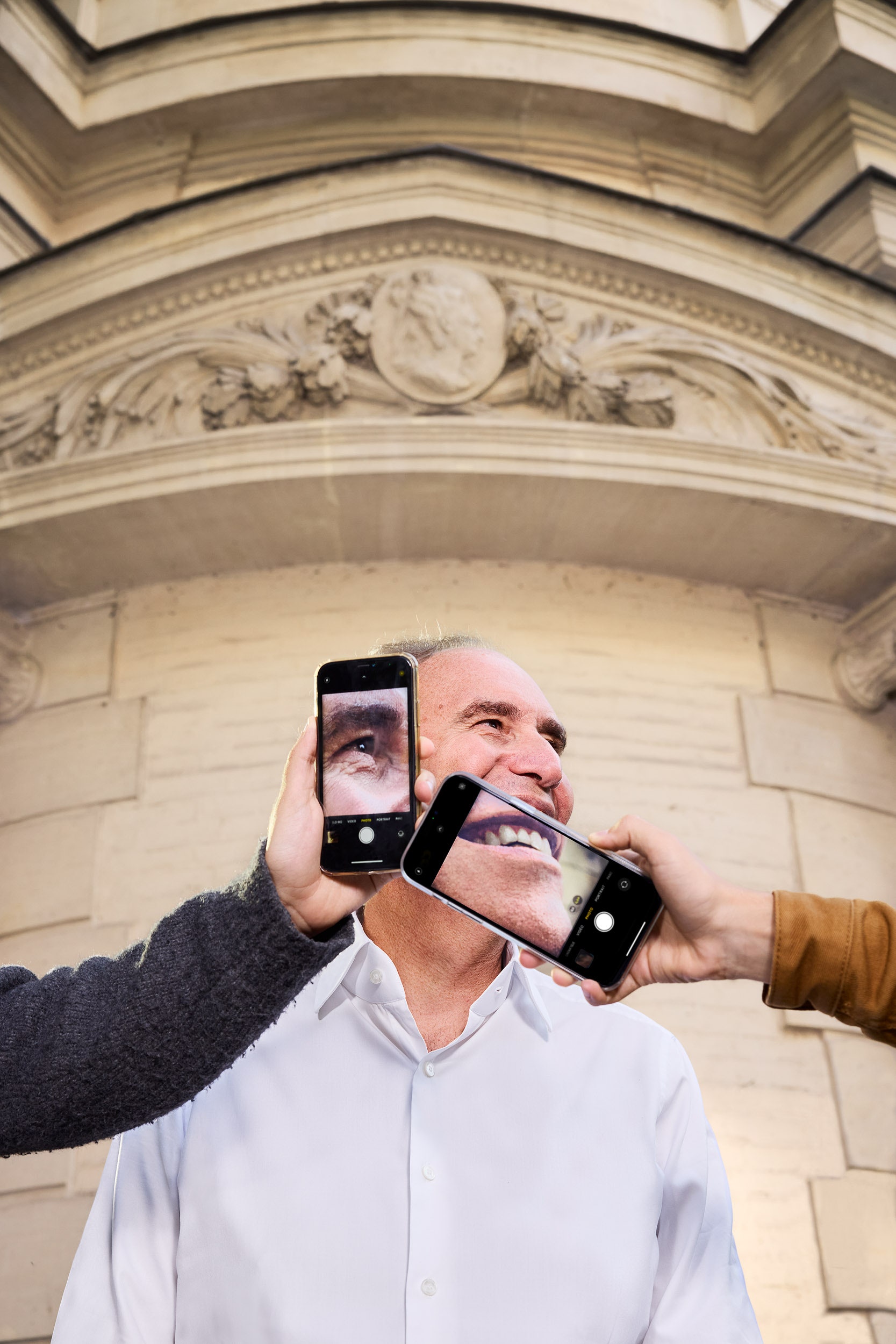It no longer makes sense to speak of free speech in traditional terms. The internet has so transformed the nature of the speaker that the definition of speech itself has changed.
The new speech is governed by the allocation of virality. People cannot simply speak for themselves, for there is always a mysterious algorithm in the room that has independently set the volume of the speaker’s voice. If one is to be heard, one must speak in part to one’s human audience, in part to the algorithm. It is as if the US Constitution had required citizens to speak through actors or lawyers who answered to the Dutch East India Company, or some other large remote entity. What power should these intermediaries have? When the very logic of speech must shift in order for people to be heard, is that still free speech? This was not a problem foreseen in the law.
The time may be right for a legal and policy reset. US lawmakers on both sides of the aisle are questioning Section 230, the liability shield that enshrined the ad-driven internet. The self-reinforcing ramifications of a mere 26 words—“no provider or user of an interactive computer service shall be treated as the publisher or speaker of any information provided by another information content provider”—has produced a social media ecosystem that is widely held to have had deleterious effects on both democracy and mental health.
Abraham Lincoln is credited with the famous quip about how you cannot fool all the people all the time. Perhaps you cannot, but perhaps the internet can. Imperfect speech has always existed, but the means and scale of amplification have not. The old situation cannot be the guide for the new.
Section 230 was created during a period when policy was being designed to unleash internet innovation, thereby maintaining America’s competitive edge in cyberspace. The early internet was supported by a variety of friendly policies, not just Section 230. For instance, sales arranged over the internet were often not taxed in early years. Furthermore, the internet was knowingly inaugurated in an incomplete state, lacking personal accounts, authentication mechanisms, commercial transaction standards, and many other needed elements. The thinking was not only that it was easier to get a minimal design started when computing power was still nascent, but also that the missing elements would be addressed by entrepreneurs. In effect, we were giving trillion-dollar gifts to parties unknown who would be the inevitable network-effect winners.
Section 230 was enacted as part of the 1996 Communications Decency Act, a larger legislative effort within the umbrella 1996 Telecommunications Act. Section 230(c)(1) provides immunity for online services regarding user-generated content, ensuring the companies hosting content are not treated as publishers of this information. Section 230(c)(2) offers Good Samaritan protection from civil liability when the companies—or platforms, as we call them today—in good faith remove or moderate objectionable content.
After President Bill Clinton signed the 1996 Telecommunications Act into law, it was unclear how the courts might interpret it. When the dust cleared, Section 230 emerged as something of a double-edged sword. It could be used to justify censorship, and at the same time be deployed as a corporate liability shield. Most importantly, it provided the runway for the takeoff of Google, Twitter, and Facebook. (And now TikTok—which, being a Chinese company, proves that Section 230 no longer serves American interests.)
